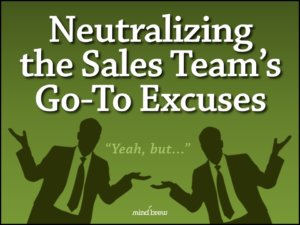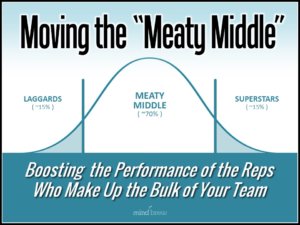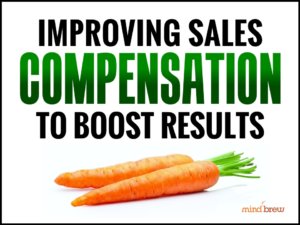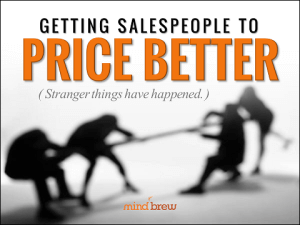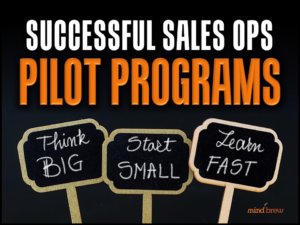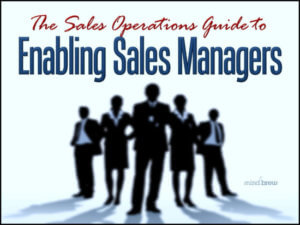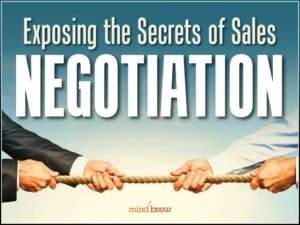Do you ever break the law?
I don’t mean accidentally. Do you ever willfully violate the law even though you know that what you are doing is illegal.
Assuming you’re not a criminal, your immediate reaction was probably, “Of course not.” But if you were on a long stretch of interstate highway and you had an app to warn you about speed traps, what is the likelihood that you would stay under the speed limit? Or what if you came up to a stop sign in the middle of the night with no other traffic in sight. Would you come to a complete stop?
In the field of criminology, an idea called situational control theory explains why we are so likely to bend the rules in situations like this. It says that rule-breaking that is “episodic, purposive, and confined to certain situations” will occur when three conditions are met:
- There should be an adequate reward for taking action.
- There should be a high probability of success.
- There should be no adverse reactions from peers.
If only one of these conditions is met, most people won’t break the rule. But if all three conditions are met — look out!
It’s pretty easy to imagine scenarios that meet these criteria. It explains why kids swipe cookies from the cookie jar. Why we sneak snacks into the movie theater. Why porch pirates steal packages. Why pilots sometimes ignore their checklisst even when they know it could lead to an accident.
And why salespeople ignore rules.
In many situations, salespeople are more concerned about closing a deal — and gaining a commission — than following the processes that are dictated to them. That gives them ample reward.
This means they’re pretty likely to want to offer a lower price…or disregard qualification steps…or not bother tracking data in the CRM. They think cutting corners (or prices) gives them a high probability of success.
And unless your office is unusual, the salesperson probably won’t see any negative feedback from peers either.
As a result, it’s all too common for the sales team to “forget” to follow protocols — even when you give them a ton of warnings and reminders. As situational control theory explains, it’s just too tempting to break the rules when the rewards are high and the risks are low.
But situational control theory also provides the means for solving this problem. If you can alter one or more of the criteria, you’ll make it much less likely that salespeople will break the rules.
It’s difficult to affect the second of the conditions. They’re habits that the salespeople believe work for them–and can be self-fulfilling (especially if they’re offering lowered prices).
However, it is possible to take the first and third conditions out of play. For example, you could structure your sales comp differently so that salespeople don’t maximize their rewards unless they follow the process and meet specific targets. Or you could publish a ranking of the sales team showing which individuals are best at achieving goals. That might be enough peer pressure to make breaking the rules less appealing.
There are actually dozens of other ways to apply situational control theory. For more examples, check out
- Neutralizing the Sales Team’s Go-To Excuses
- Moving the “Meaty Middle”
- Improving Sales Compensation to Boost Results
- Getting Salespeople to Price Better
- Seven Signs Your Sales Team Needs Better Guidance
Unless they are hardened criminals (and we really hope they are not), your sales team probably doesn’t break the rules because they enjoy it. They probably do it because they think it increases their chances of winning deals without carrying very many negative consequences. If you can change that equation, you’ll be well on your way to improving their processes and results.

